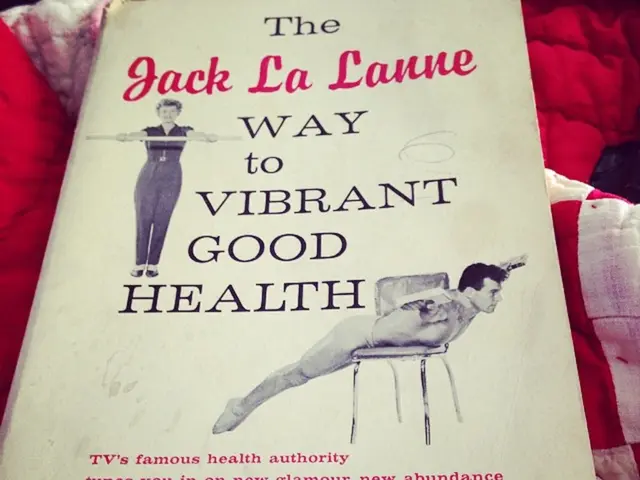A Dark Sky refers to an area with minimal light pollution that allows for the observation of the night sky in its pristine state, especially unaffected by the glow of cities and artificial light sources.
Star-studded nights are a rare treat for many, thanks to the widespread issue of light pollution. In the heart of AMC Maine Woods, a sanctuary from this artificial brightness awaits – the International Dark Sky Park. Here, away from glaring streetlights and city screens, stargazers can enjoy untainted views of the cosmos.
Light pollution, a side effect of our illuminated lifestyle, is more than an aesthetic nuisance. It disrupts ecosystems, threatens wildlife, and even impacts human health. A significant chunk of the world's population, about 99% of Americans and Europeans, live under skies too bright to fully appreciate the celestial artistry.
Fortunately, this environmental predicament is addressable within a short timeframe. Designated spaces free of light pollution, like the AMC Maine Woods International Dark Sky Park, serve as lighthouses for change.
So, what exactly is light pollution? It's the overexposure of artificial light that disturbs the natural darkness, day or night. Culprits range from streetlights and billboards to stadium lights and excessive indoor lighting. Despite its harmless appearance, light pollution is no minor, unavoidable byproduct of urban living. With a few tweaks to our lighting habits, such as reducing glare by turning off unnecessary lights or directing them away from the sky, we can significantly mitigate light pollution.
Despite the negative impact of light pollution, it's often overshadowed by other environmental concerns, like greenhouse gas emissions. However, it's a symptom of a larger problem, and its consequences are felt far and wide. To demonstrate the gravity of the situation, consider this: research from the National Institutes of Health has tied artificial light during sleep to obesity, while studies link light pollution to hormonal cancers like breast and prostate cancer.
Beyond human health, light pollution wreaks havoc on the environment. The loss of dark nights is part of a broader, far-reaching ecological crisis. For instance, excessive and inefficient lighting squanders electricity, fueling greenhouse gas emissions and exacerbating climate change.
For millennia, our lives have revolved around the sun's cycles, with stargazing playing a vital role in navigation, folklore, and spiritual connections. When we lose our view of the night sky, we lose a part of our essential identity.
The situation isn't as bleak as it seems. Combating light pollution can yield swift results – when we dim the lights, the night sky regains its lost sparkle immediately. To witness the transformation firsthand, visit a Dark Sky Place, designated areas where efficient lighting practices preserve the night sky for future generations.
In 2021, AMC's Maine Woods property earned the title of the first International Dark Sky Place in New England – a testament to the tireless work of their staff and community partners. This work serves as inspiration to take action in your own community, whether you live in a heavily polluted area or a place with pristine night skies.
Start with basic changes such as using energy-saving bulbs and adjusting light fixtures to ensure they only cast light where needed. Engage friends, family, and neighbors in the conversation about the need for responsible lighting and advocate for community-wide changes in lighting policies. With collective effort, we can work toward a brighter, darker future where we cherish and protect our night skies.
- In the wake of widespread light pollution, a haven for stargazers exists – the International Dark Sky Park at AMC Maine Woods.
- Light pollution, an unintended consequence of our illuminated lifestyle, disrupts ecosystems, threatens wildlife, and impacts human health.
- Designated spaces free of light pollution, like the AMC Maine Woods International Dark Sky Park, are lighthouses for change in addressing this environmental predicament.
- Light pollution is the overexposure of artificial light that disturbs the natural darkness, day or night, with culprits ranging from streetlights to excessive indoor lighting.
- Neglecting light pollution often takes a backseat to other environmental concerns, but its consequences are vast and significant, impacting human health and the environment.
- Excessive and inefficient lighting contributes to greenhouse gas emissions, furthering climate change and negatively affecting personal health, such as linking light during sleep to obesity and hormonal cancers.
- Efficient lighting practices and a few tweaks to our lighting habits can significantly mitigate light pollution, such as turning off unnecessary lights and directing them away from the sky.
- When we dim the lights, the night sky regains its lost sparkle immediately, as demonstrated when visiting a Dark Sky Place, designated areas free of light pollution.
- AMC's Maine Woods property, earning the title of the first International Dark Sky Place in New England in 2021, showcases the positive impact of tireless work and community partnerships in combating light pollution.
- To protect and cherish our night skies, start with basic changes such as using energy-saving bulbs and adjusting light fixtures in your own community.
- Engage others in the conversation about responsible lighting and advocate for community-wide changes in lighting policies, working toward a brighter, darker future.
- The fight against light pollution extends beyond the workplace-wellness and health-and-wellness sectors; it requires the combined efforts of finance, environmental-science, technology, education-and-self-development, personal-growth, home-and-garden, and even sports-betting and weather enthusiasts for sustainable living and a better future.








